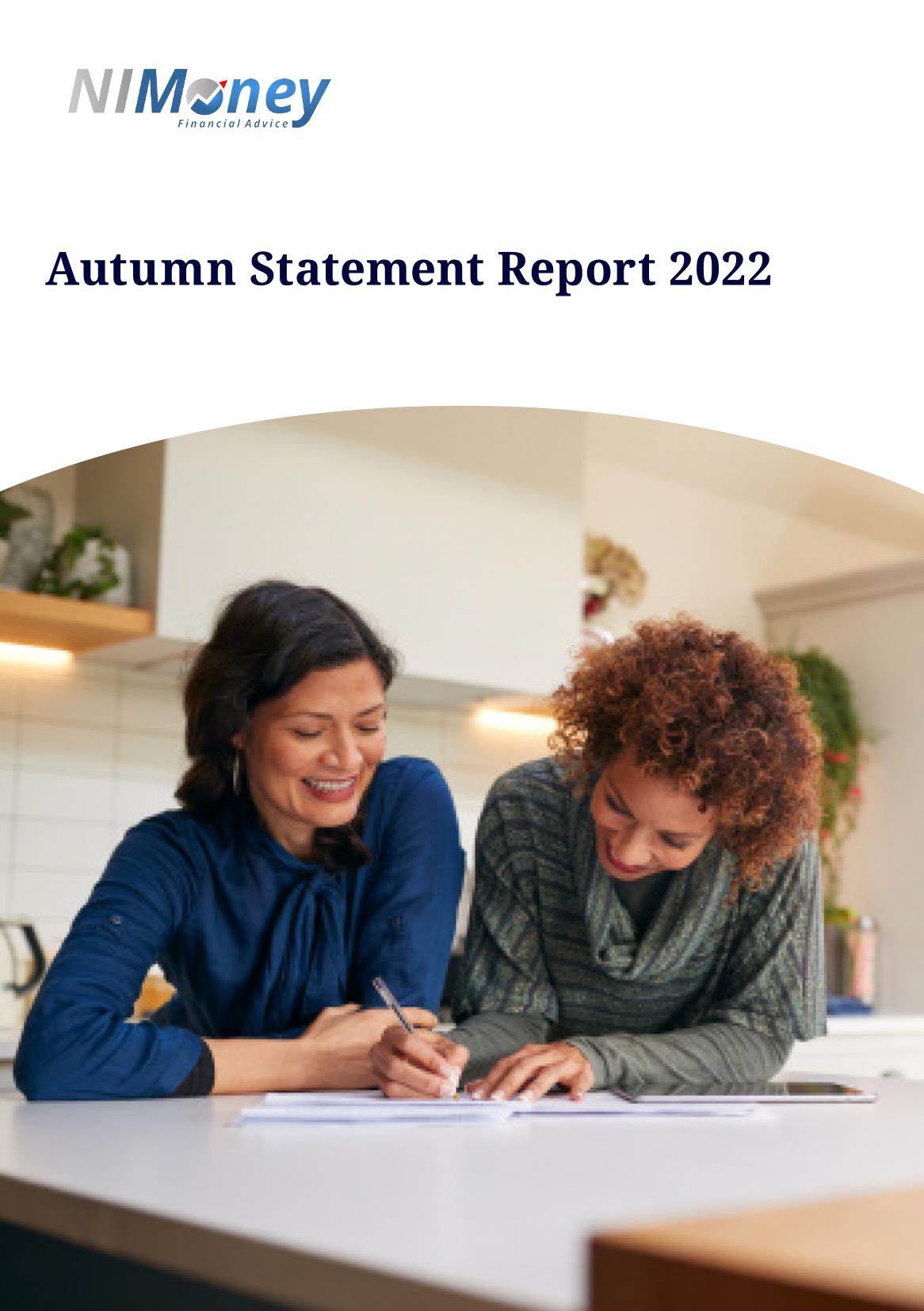Review your Interest-only Mortgage
Thousands of people with interest-only mortgages expiring this year do not have a repayment plan - putting their homes at serious risk of repossession.
An estimated 81,400 mortgages will come to an end in 2019, totalling around £9.2bn in value, according to the Financial Conduct Authority. A further 82,100 mortgages worth £9.7bn will mature in 2020.
The ins and outs of interest-only
Unlike a repayment mortgage, where the borrower pays off the capital and interest on their loan each month until the debt is cleared, an interest-only loan offers a cheaper monthly premium but requires a single repayment of the capital at the end of the term. Normally this is cleared using the proceeds from a separate investment vehicle.
For example, a £150,000 mortgage at 5% over 25 years would cost £877 per month on a repayment basis, but only £625 per month interest-only. However, the latter leaves the original £150,000 capital debt to be repaid.
Since 2012, anyone taking out an interest-only loan must have a repayment plan in place, and this has led to a drop in the number being sold.
Don’t get trapped
If you have an interest-only mortgage but you don’t have a repayment vehicle in place, it is critical you review your finances as a matter of urgency. Depending on the term left on the mortgage you could set up a repayment plan now, or you could look at switching to a repayment mortgage. This may mean higher monthly repayments, but there are a lot of competitive deals in this current low-interest rate environment.
Another
option could be to sell your home and downsize – something that may be possible
if older children have flown the nest but nevertheless a difficult decision if
you don’t want to lose a cherished family home.
If
you are concerned about your mortgage, or you need advice on a suitable
investment vehicle, please get in touch.
YOUR HOME MAY BE REPOSSESSED IF YOU DO NOT KEEP UP REPAYMENTS ON YOUR MORTGAGE











